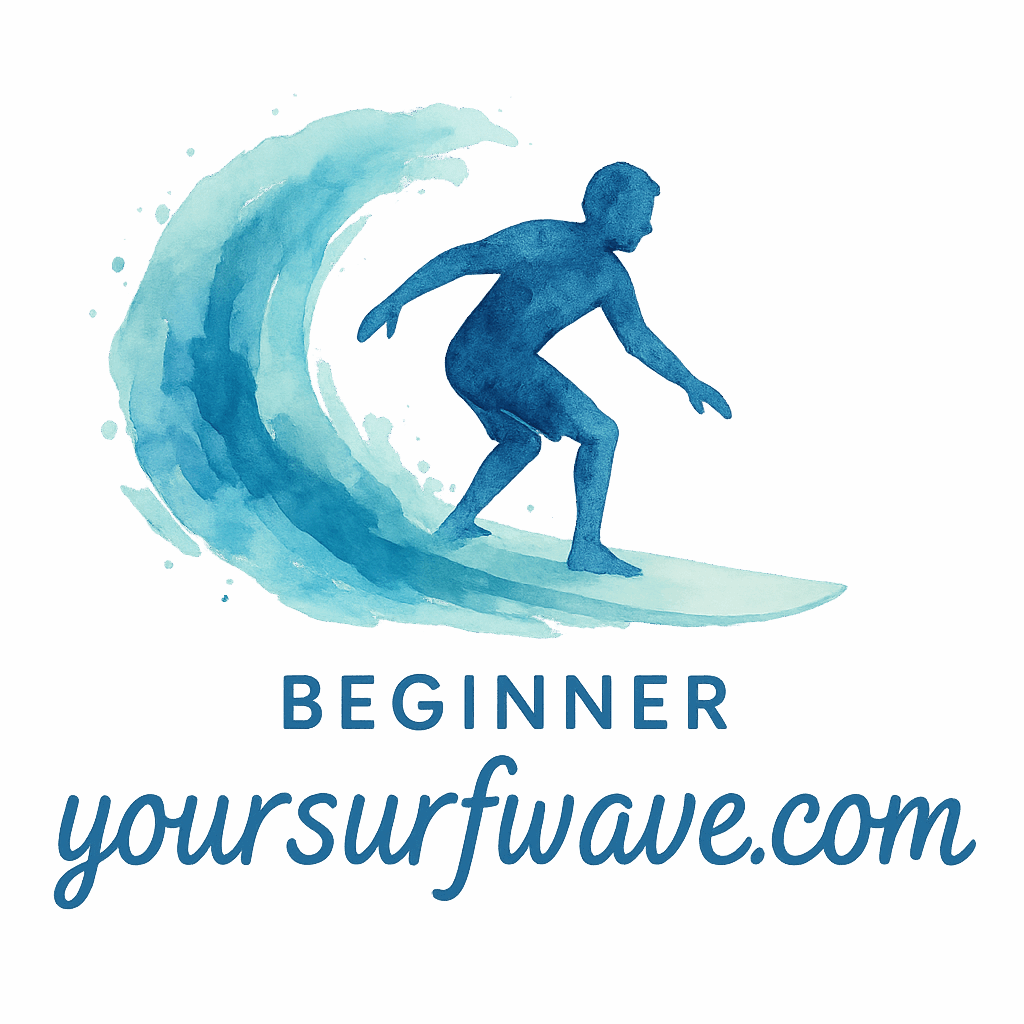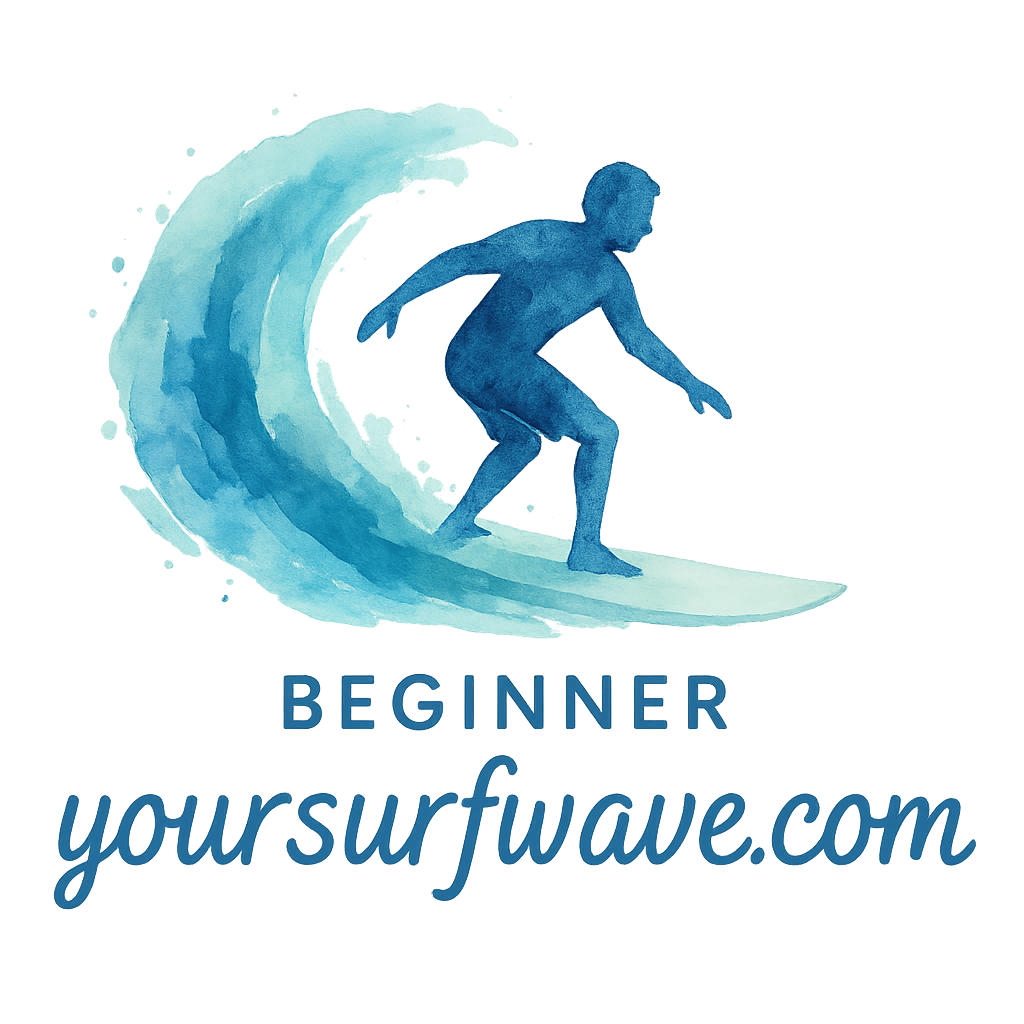So, you’ve finally decided to jump on a board and catch your first wave? Awesome! Surfing is one of the most exhilarating, freeing, and rewarding experiences you can have in the water. But before you run into the ocean Baywatch-style, let’s chat about a few things you should know before your first surf lesson.
These tips aren’t just helpful—they’re essential. Knowing them can make the difference between a day of frustration and a day you’ll never forget.
1. Surfing Is More About Patience Than Perfection
Why Patience Beats Performance
Surfing isn’t one of those sports where you master it in a day. In fact, it’s often said that learning to surf is like learning to dance with the ocean—and the ocean leads. Your first surf lesson will likely include more flopping than flying, and that’s totally okay.
You’ll spend a good chunk of your time paddling, falling, laughing, and trying again. Patience is your new best friend.
Ready to embrace the journey? Check out some beginner tips here to prep mentally and physically.
2. You Don’t Need Fancy Gear to Get Started
Rent or Buy: What’s Best for Beginners?
Let’s be honest—you don’t need to splurge on a board, wetsuit, or gear right away. Renting from a reputable surf shop is the best call for your first lesson. You’ll be able to try different boards without commitment.
Later down the line, when you know what feels right, consider buying from a trusted place. Here’s our curated list of beginner surfboard reviews to help with that.
Essential Beginner Surf Gear
To keep it simple, here’s what you need:
- A soft-top longboard
- A rash guard or wetsuit
- Reef-safe sunscreen
- Surf leash
- Big smile
Want to dig deeper into surf gear? Swing by our full surf gear guide.
3. Your Fitness Level Will Affect Your Experience
How to Prep Your Body Before Surfing
Let’s be real—surfing is a full-body workout. You don’t need to be ripped, but some basic fitness helps. The paddling alone can burn out your shoulders if you’re not used to it.
That’s why surf-specific fitness is such a game-changer. Our surf fitness section is packed with ways to train like a surfer, even at home.
Great Indoor Exercises to Try
- Planks (core stability)
- Pop-up burpees (to mimic the surfing pop-up)
- Resistance band paddle exercises
- Yoga for balance and flexibility
You can find more indoor exercises and home workout routines tailored for surfers there.

4. Understanding Ocean Safety Is Non-Negotiable
Learn Surf Etiquette First
There’s a whole unspoken code in surfing, and if you break it, you’ll stick out like a sore thumb. For example, never drop in on another surfer’s wave, and always control your board.
This is part of what’s known as surf basics, and it’s critical before hitting the water.
Read the Waves Like a Local
You don’t have to be a wave whisperer on day one, but it helps to learn how to read the surf report and identify hazards like rips, rocks, and crowded breaks.
Explore our full breakdown on surf locations to find beginner-friendly beaches.
5. You’re Going to Wipe Out—And That’s Okay
The Art of Falling Gracefully
Wiping out isn’t failure—it’s part of surfing. Actually, your wipeouts will probably teach you more than your successful rides at first. Just remember to protect your head, don’t panic, and always fall flat to avoid diving too deep.
Mental tip: Laugh it off. Seriously, everyone falls. Even pros.
For more insight on the healing power of surfing, check out surfing therapy stories from our community.
6. Your First Surfboard Matters More Than You Think
Soft Top or Hard Top?
For your first surf lesson, go for a soft-top board. They’re safe, stable, and ideal for learning. You’ll have way more fun standing up on a wide, forgiving board than struggling on a sleek shortboard meant for experts.
Here’s a detailed look at choosing the right board for you: Beginner surfboard guide
7. A Good Instructor Makes a Huge Difference
What to Look for in a Surf Instructor
Not all instructors are created equal. You want someone who is certified, experienced with beginners, and who makes you feel safe and supported.
Word of mouth is great, but you can also check local surf schools that are featured in our learn to surf section.
8. The Right Surf Spot Can Make or Break Your Lesson
Best Beginner-Friendly Surf Locations
The best surf spot for a beginner is gentle, sandy, and not too crowded. Avoid reef breaks or point breaks until you’ve got a few lessons under your belt.
We’ve mapped out the best beginner surf spots in the USA, so you don’t have to guess.
You can also explore inspiring surf destinations that are perfect for learning.
9. Surfing Is a Lifestyle, Not Just a Sport
How Surf Culture Will Change You
After your first lesson, don’t be surprised if you suddenly care about tide charts, sunrises, and sustainable gear. That’s surfing. It seeps into your lifestyle in the best possible way.
From wellness to environmental awareness, you’re joining a tribe of stoke-chasers. Take a peek at our surf lifestyle stories and see how surfing transforms everyday lives.
And don’t miss our wellness articles under beginner wellness and mental health—surfing is therapy, not just sport.
Conclusion
Your first surf lesson is going to be a wild, salty, unforgettable adventure. If you go in with the right mindset—ready to learn, fall, laugh, and repeat—you’re setting yourself up for success.
Remember, surfing isn’t about nailing it on your first try. It’s about showing up, trying something new, and letting the ocean teach you. So grab that soft-top board, slap on some sunscreen, and get ready to catch the stoke.
Need more help getting started? Visit Your Surf Wave for everything from gear reviews to surf travel inspiration.
FAQs
1. What should I wear to my first surf lesson?
Wear a rash guard or wetsuit, depending on water temp. And always use reef-safe sunscreen!
2. Do I need to know how to swim?
Yes, basic swimming ability is essential. Comfort in the water is a must.
3. Is surfing dangerous for beginners?
Not with the right instructor and safety precautions. Stick to beginner-friendly spots.
4. Can kids take surf lessons too?
Absolutely! Many surf schools offer lessons for children as young as 5.
5. How long does it take to learn surfing?
It varies! Most people can stand up in their first lesson, but mastering it takes time.
6. What if I’m not very fit?
No worries—start with basic surf fitness and ease into it. Surf fitness tips can help.
7. Should I surf solo after one lesson?
Not yet! Take a few more lessons and gain confidence before heading out alone.


